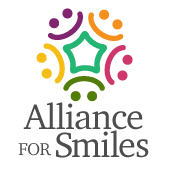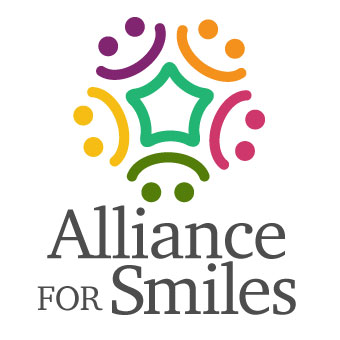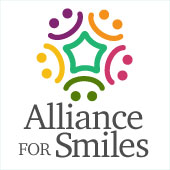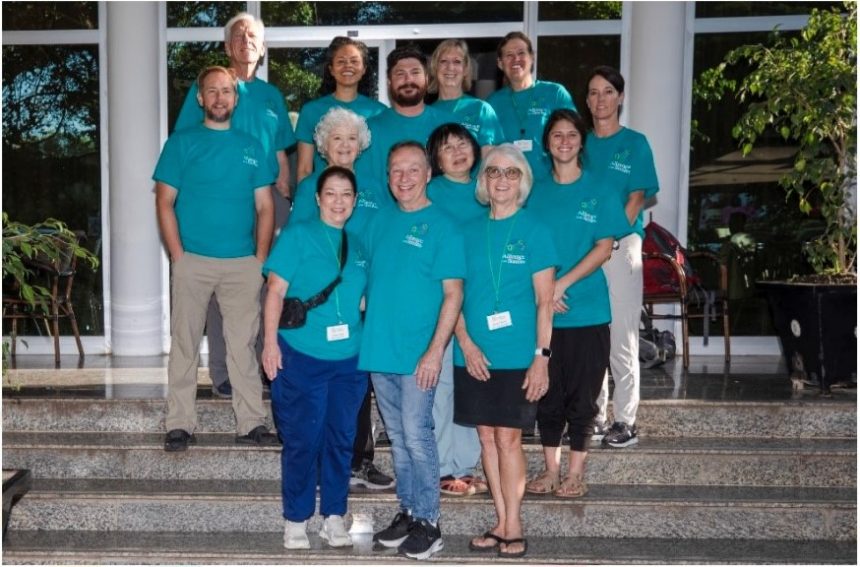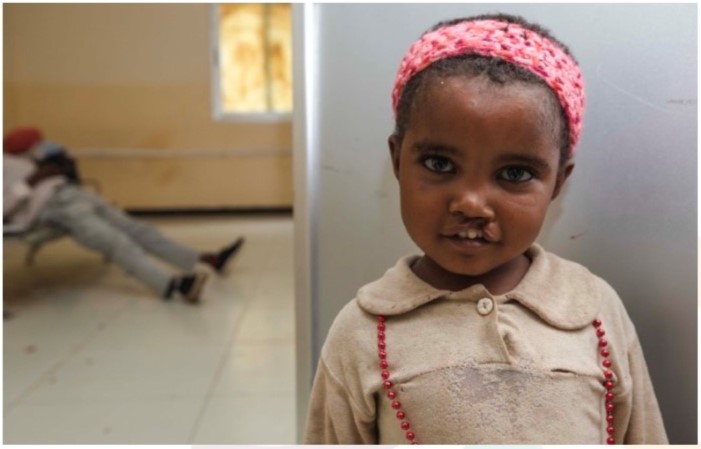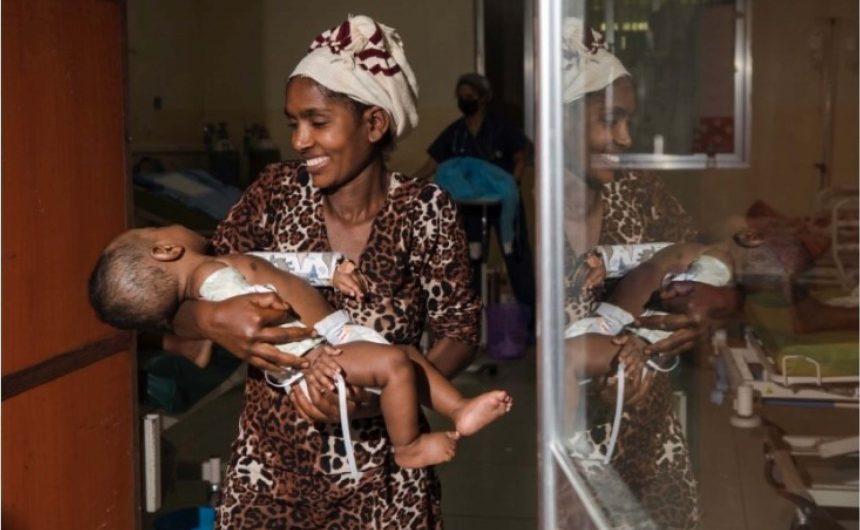Story: Kayla Green
Photos: Micah Green
This is the end, but it is also a beginning. On this final day of surgery, we have solidified our understanding and purpose of team. This group of medical professionals, surgeons, nurses, anesthesiologists, pediatricians, that AFS put together is as strong as Ethiopian coffee, as experienced and adept to handle any situation as kids know how to play. As babies are born knowing no stigma, perpetuating no prejudice.
The larger story has come into picture. The total number of surgeries. The requests to come back as soon as possible. The hospitality shown through sharing food and two-palmed handshakes. Amid the grandiosity of the mission’s goals, the lasting impressions live in nuance. A first experience with a doctor. A poem scribed in the OR. Face book friend requests. Small gifts exchanged for cross-continental networking.
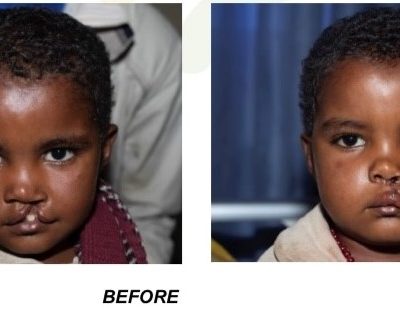 The next day, we would pack up and head out, but not before holding a post-operation clinic to check on the patients who live locally. The results would be more than reassuring.
The next day, we would pack up and head out, but not before holding a post-operation clinic to check on the patients who live locally. The results would be more than reassuring.
Whatever feelings Wubet’s father and members of his village had before have been erased. As she sleeps in the PACU just after the procedure, he takes photo on his phone. He’s sending them to his family, he says. His smile is as wide as the world. “They think it’s a punishment from the gods or something,” a surgical resident said. “But I got his number so we can bring more from their village next time:·
Five-year-old Wubet Desta’s (above) father lifts a cup of apple juice to her small, swollen mouth. Hand encasing arm. Quiet whispers comfort.
While the girl is still asleep, family ward coordinator Debbie Kent gives out Mardi Gras necklaces to the nurses in the room. The next morning, a string of red plastic beads, commonly and easily discarded thousands of miles away in the United States of “have;· hang around her neck.
Wu bet and her father traveled the farthest of any patient to get to AfS’ first mission in Ethiopia. Her father, a dad of six, said there are a lot of people with clefts in their village but that no one can afford the surgery. A private firm quoted him 45,000 birr for the young girl’s procedure. More than the farmer makes in a year. Relatives chipped in to fund their 2,400-birr, two-day bus ride to Hawassa from the southwestern corner of the country. A cost AfS reimburses in addition to the free surgery.
Throughout the time they were here, her state remained calm but engaging, trusting. Quiet but playful.
She was one of 28 patients, between the ages of 3 months and 9 years, who got new smiles this week. More were evaluated and had their charts recorded so they can receive additional health care, the hospital can perform their surgeries later or they can be contacted when we return. Because the goal is to return!
